Karen Tay, Singapore's Smart Nation director, was recently in Washington D.C. to run a workshop for the World Bank on how to develop “smart cities." She says: “'Smart cities' is honestly a buzzword... when I get invited to speak, most people expect me to start with cool tech like AR, VR, AI, modeling and simulation, blockchain and the like. The fact is that cities are complex ecosystems with very established ways of operating. If we want to disrupt them with technology in a way that benefits the masses (i.e. not just the upper middle class), we need dedicated work from the ground-up, coupled with political commitment." Karen Tay's five tips for smart city efforts come from conversations and projects with smart city leaders around the world.



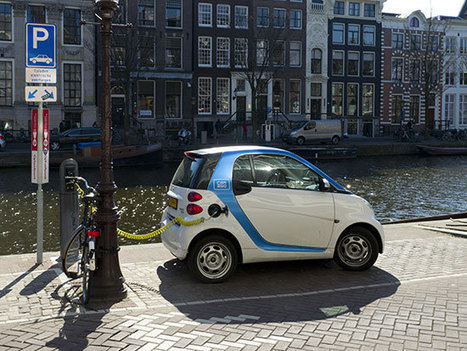


 Your new post is loading...
Your new post is loading...
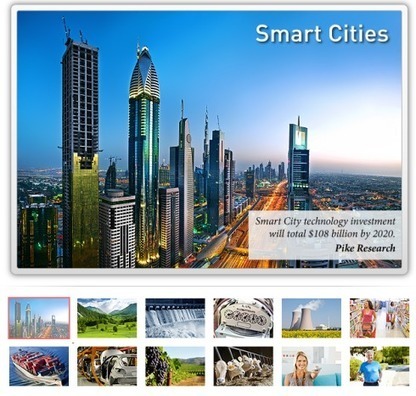



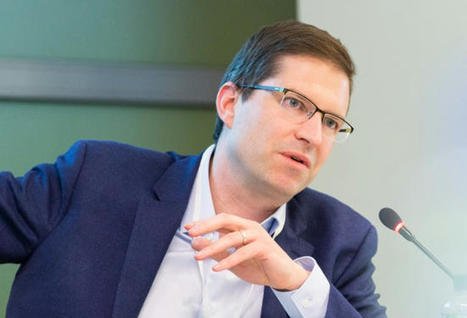
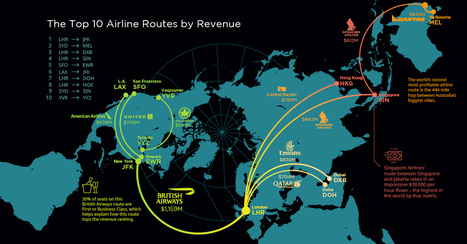
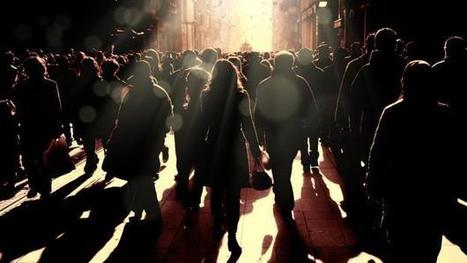

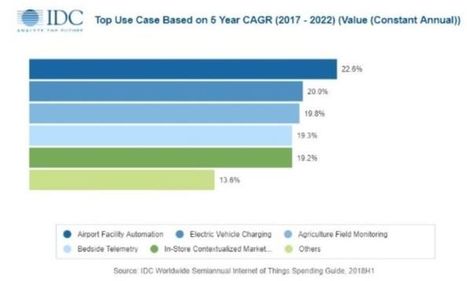
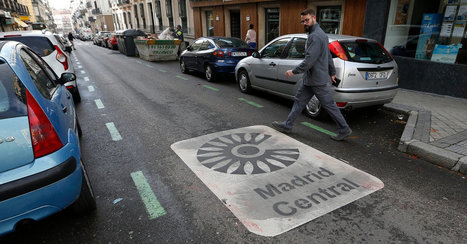





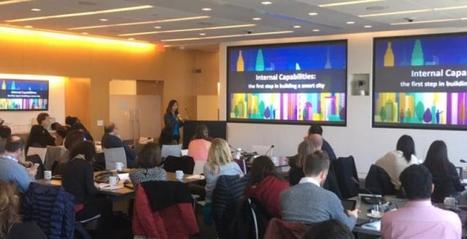
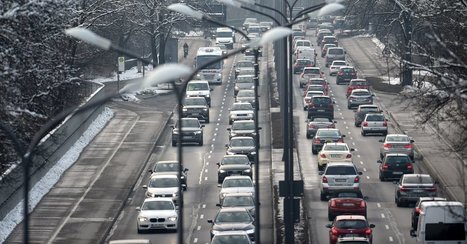



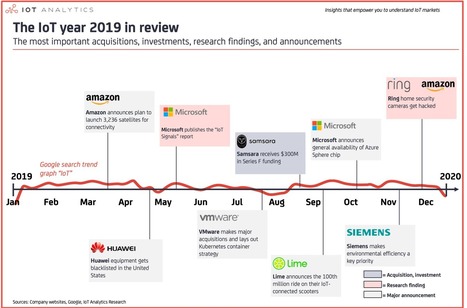
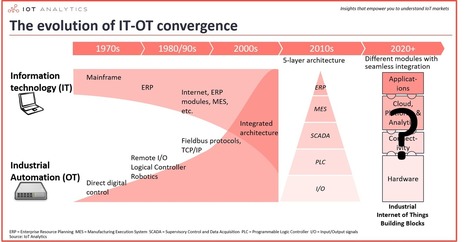
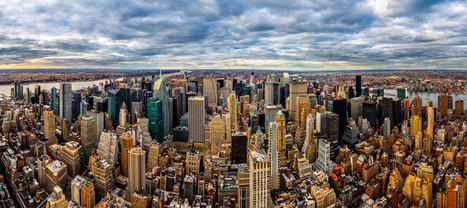
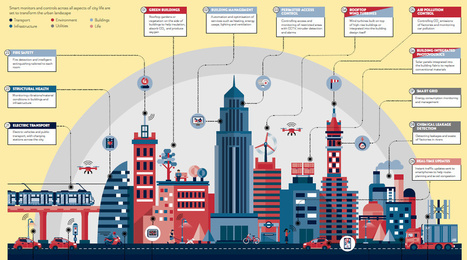


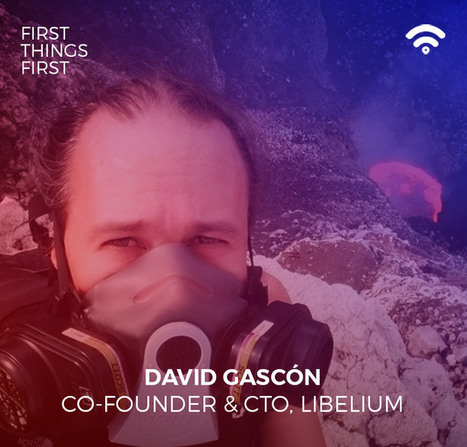


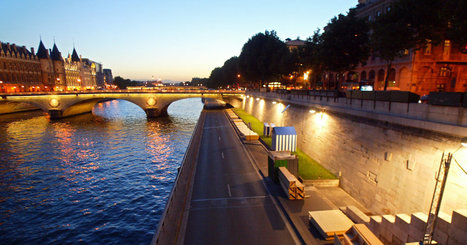








Amsterdam isn’t the first city to implement smart lighting as a gateway to a large smart-grid initiative. Paris is in the early stages of a 10-year effort to bring intelligence to a complex network of street lighting, traffic signals and related controls, part of an effort to upgrade Paris’ electricity grid and, like Amsterdam, turn Paris into a “smart city.”
“I think more and more cities are looking for what we call a killer app, an application that justifies the investment,” said Wim Elfrink of Cisco. “In Barcelona, it looks to be parking services. Paris has chosen lighting. That is one of the things we have to find out in the next six months: What are the unique Amsterdam problems?”